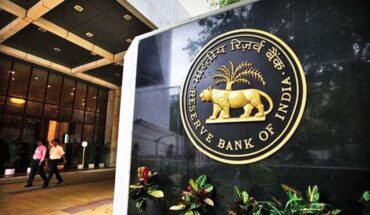In a verdict that questions the underpinnings of institutional autonomy in India, the Supreme Court recently validated 2021 legislative changes that authorize successive term extensions for heads of investigative agencies. While the Court’s move to invalidate two one-year extensions to the Enforcement Director, S.K. Mishra, is worthy of applause, the broader fallout of the judgment appears to sanction a governmental erosion of these agencies’ self-reliance. The Court has mandated that Mishra vacate his role by July 31. A central consequence of this latest judgment is its affirmation of amendments enabling yearly extensions for CBI and ED Directors until a five-year tenure is reached. This mechanism effectively converts an initial two-year appointment into a potential five-year stint, courtesy of up to three annual extensions. Several voices, including those contesting Mishra’s extension and the Court’s appointed amicus curiae, have highlighted the jeopardy to institutional independence posed by such incremental extensions. They warn of a potential incentive-based approach that might compel Directors to conform to government mandates. Unfortunately, the Court dismissed these legitimate apprehensions, providing minimal explanation. It sidestepped claims that the 2021 alterations contravene previous rulings that stipulated fixed tenures for CBI and ED leaders, with the objective of shielding them from undue influence. The Court’s unexpected determination that these amendments do not breach fundamental rights is baffling. The prospect of government dominance over the investigative directions chosen by Directors fundamentally violates citizens’ entitlements to equitable treatment and impartial investigation. The Court’s sanction of a tenure-extension mechanism, potentially tailored to compromise the independence of investigative agencies, is deeply concerning, especially amidst the current backdrop of suspicions regarding the misuse of these agencies against political rivals. Such a trend spells ill for our nation’s commitment to the rule of law. It accentuates the pressing necessity to reassert and protect the tenets of autonomy and independence that are the foundations of these vital investigative institutions.
Extensions of ED, CBI heads bad for agency autonomy
Published Date: 15-07-2023 | 5:17 am





